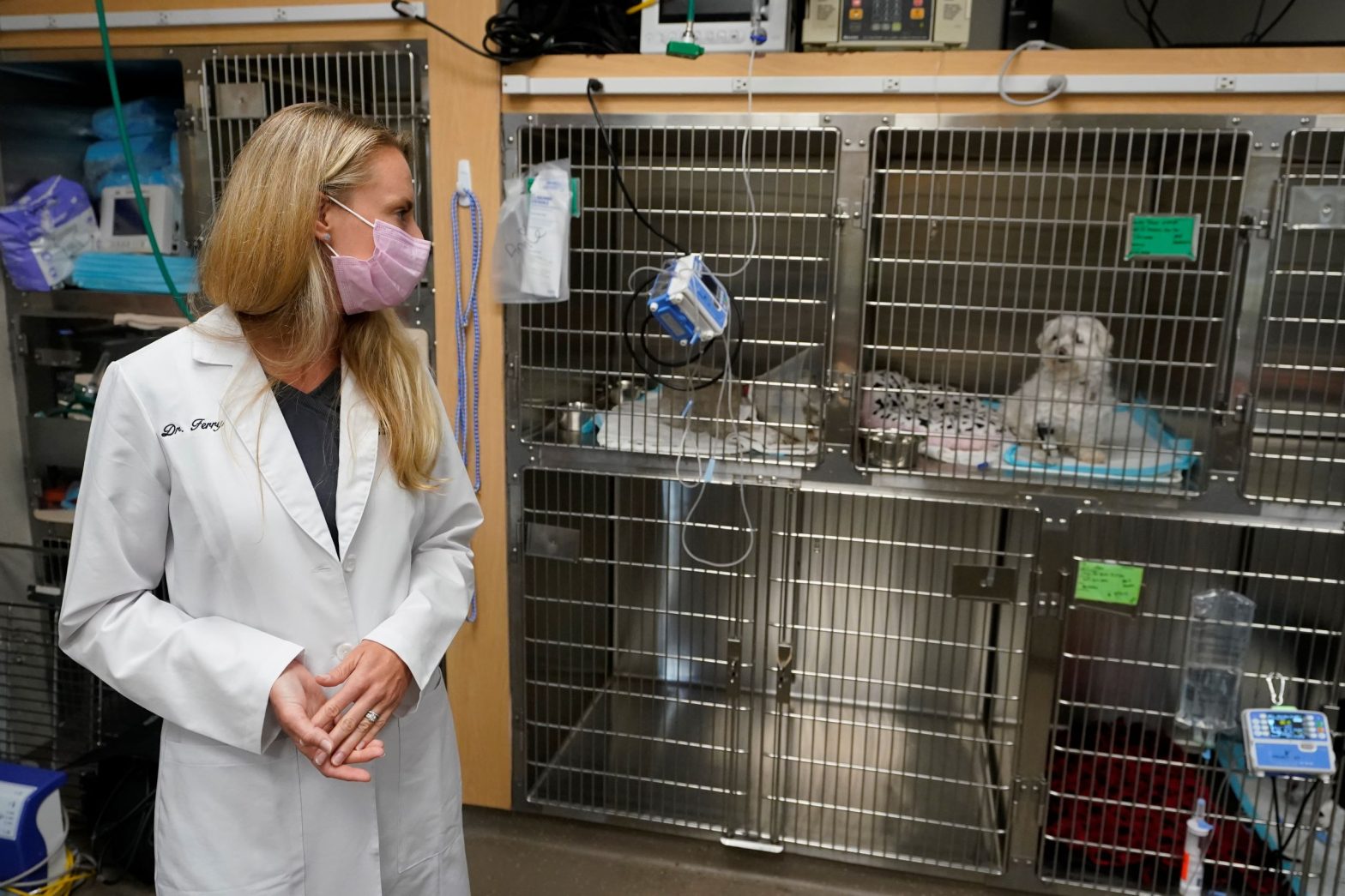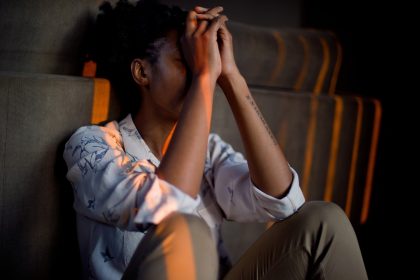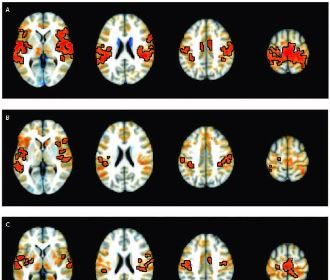COVID-19 Pet Boom Has Veterinarians Backlogged, Burned Out

FORT LAUDERDALE, Fla. (AP) — During the gloomiest stretches of the pandemic, Dr. Diona Krahn’s veterinary clinic has been a puppy fest, overrun with new four-legged patients.
Typically, she’d get three or four new puppies a week, but between shelter adoptions and private purchases, the 2020 COVID-19 pet boom brought five to seven new clients a day to her practice in Raleigh, North Carolina. Many are first-time pet owners.
Like many veterinarians across the country, she’s also been seeing more sick animals. To meet the demand, vets interviewed by The Associated Press have extended hours, hired additional staff and refused to take new patients, and they still can’t keep up. Burnout and fatigue are such a concern that some practices are hiring counselors to support their weary staffs.
“Everyone is working beyond capacity at this point,” said Krahn, who added evening hours last year.
Approximately 12.6 million U.S. households got a new pet last year after the pandemic was declared in March 2020, according to a COVID-19 Pulse Study by the American Pet Products Association.
Meanwhile, fewer people relinquished their pets in 2020, so they needed ongoing care, experts said. And as people worked from home and spent more time with their pets, they’ve had more opportunities to notice bumps, limps and other ailments that could typically go untreated.
Vets were already struggling to meet the pre-pandemic demand, with veterinary schools unable to churn out enough doctors and techs to fill the void.
Krahn left her North Carolina practice three months ago and now oversees nine veterinary and animal hospital clinics across Utah and Idaho under Pathway Vet Alliance.
“All of my practices are booking out several weeks in advance. Clients are actually calling around and scheduling appointments at multiple locations,” and even resorting to emergency care facilities, she said.
Banfield Pet Hospital, one of the largest national providers of preventive veterinary medicine, had approximately half a million more pet visits in 2020 than in 2019. And its telehealth service more than doubled in volume from March through the end of last year.
Thrive, another veterinary hospital primary care group, with 110 facilities across the U.S., reported a 20% increase in demand during the pandemic. Both repeated a common refrain — as humans spent more time with their pets, they were more in tune with their ailments — big and small.
“With COVID, a lot of people became powerless to the ones closest to them,” said Claire Pickens, a senior director at Thrive, “but the one thing they still had the ability to control was caring for their pet.”
Clinics have been forced to streamline, having patients fill out forms online or by phone pre-appointment because hiring additional staff often isn’t an option.
“The industry is growing at a rate that it can’t fill all the roles needed to keep up with the increased demand for services,” said Pickens.
Veterinary positions are projected to grow 16% by 2029, nearly four times the average of most other occupations, according to Bureau of Labor Statistics. Vet tech jobs are expected to increase nearly 20% in the next five years.
“We are still short staffed despite active seeking of additional staff,” said Dr. Katarzyna Ferry, Veterinary Specialty Hospital of Palm Beach Gardens.
Verg, a 24-hour emergency and specialty hospital in Brooklyn, reported a 40% jump in emergency care since the pandemic began. That’s also meant more pet hospitalizations, straining various specialties like surgery and cardiology.
“The demand continues to grow,” causing extreme weariness in a profession known for its big-hearted workers, said Verg’s chief medical officer, Dr. Brett Levitzke.
“Fear of the unknown with the pandemic leads to more intense emotions from our clients,” said Levitzke. He’s seen expletive-laced outbursts and threats from pet owners, and also outpourings of love, with cards and baked goods. After the toll on the staff became noticeable, they hired a compassion fatigue specialist for support.
“Unfortunately, compassion fatigue, anxiety, and depression already plagued our profession, and the pandemic has certainly taken it to another level,” Levitzke said.
Krahn said she sold her North Carolina practice to Pathway and later took an administrative role with the company in part to provide practical and emotional support to veterinarians, knowing the toll first-hand.
“As veterinarians, its our job to care, but we also take care of people through their animals,” said Krahn. “Doctors and support teams struggle with caring for themselves in a way that preserves them to be able to keep doing this.”
























